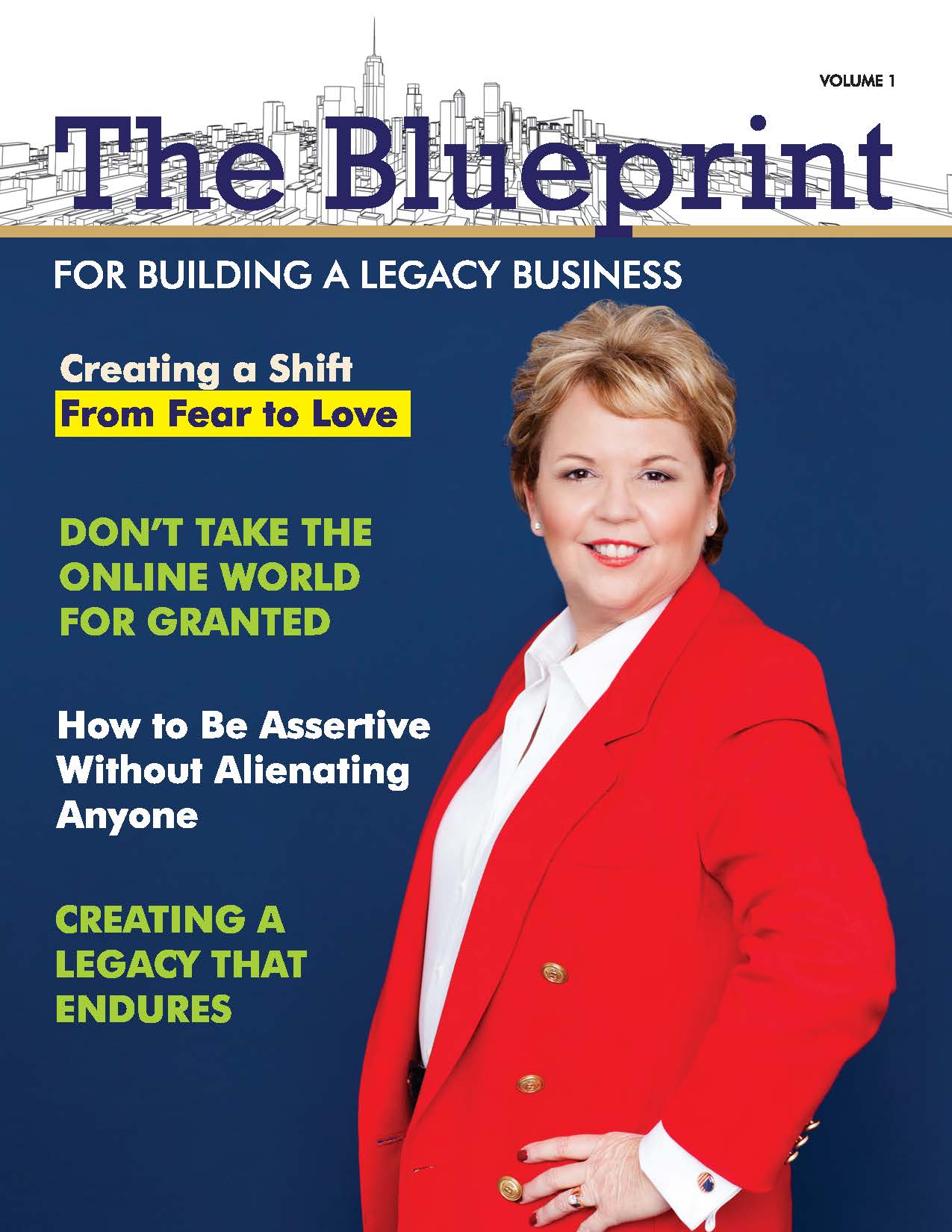How to Excel at the Personal Side of Business

You’ve probably heard the expression, “It’s not personal. It’s business.”
I understand the reason people say this, and I agree that you can’t take business decisions personally. If you allow your feelings to get hurt every time a meeting or client call doesn’t go your way, you’re on a road to misery and frustration.
However, more often than not, business is personal. Or at least it should be. When we treat our employees, clients, and partners with the same respect, care, and kindness that we treat our friends and the people we work with, our businesses are better off as a result.
It is far from frivolous or soft to develop the skills that improve your professional interactions. These may not be the skills we learned in college or on-the-job training, but social skills are essential for productive working relationships.
If you manage team members, whether in a corporate or nonprofit setting, these qualities are even more important. As a leader, interpersonal communication is the crux of your job and the difference between failure and success by many measures.
In order to successfully lead your team, work to develop these 5 personal qualities of effective leaders.
1. Enthusiastic
You get up in the morning excited to face the day, challenges and all. You greet coworkers with a smile and a kind word. You set about pursuing your goals and dreams for your business with passion.
Bringing enthusiasm to your workplace will not only make your work more enjoyable, it will also rub off on the people around you – your team members, your clients, and your collaborators. People want to work with someone who’s excited about what they are doing.
I’m a positive, enthusiastic person and I like to think of it this way. God didn’t put me here on earth to drag through my days. I’ve been put here to live courageously and passionately, and I’m going to do that to the best of my ability, day in and day out.
2. Empathic
Empathy is about connecting on a truly personal level with another human being, and doing so requires both people sharing information or past experience that makes them vulnerable. That’s not easily done in the workplace, where our guards are up and we feel the weight of judgment from others.
But it’s important, especially as team leaders, that we see the world through each other’s points of view, listening to what they have to say, expressing understanding, and avoiding jumping to conclusion or evaluation.
As Brené Brown, author of Dare to Lead and other books, wrote, “To scale daring leadership and build courage in teams and organizations, we have to cultivate a culture in which brave work, tough conversations, and whole hearts are the expectation, and armor is not necessary or rewarded. We have to be vigilant about creating a culture in which people feel safe, seen, heard, and respected.”
3. Collaborative
As a leader, one of your most critical roles is determining how team members can work together to achieve a common purpose, and then communicating the ideas and steps necessary to make it happen. You set the expectations from the start, you determine how each member of the team can best utilize their strengths to contribute, you make sure everyone has the information and skills they need to take on their tasks successfully, and you keep the communication and data flowing to prevent a breakdown in collaboration.
Keep in mind that that these critical tasks – not the tasks you assign to team members – are your job. This can be challenging for some leaders. And don’t forget to recognize a job well done and reward your team for your shared success.
4. Respectful
Often times in the workplace, when we disagree, we tolerate each other. We accept that the person we disagree with has the right to be there and have their opinion. Tolerance is important, but we need to go beyond that as leaders. We need to respect each other, even when we disagree.
Of course, this is easier said than done. It requires seeing where other people are coming from, understanding what brought them to their opinion or stance, and keeping the self-awareness to know when your ego or insecurity is clouding your judgment.
My recommendation when you disagree is to talk to the other person. Respectfully ask for more information, rather than jumping to conclusions. Try to understand their point of view, and then share your thoughts. As the leader, they may not always agree with your decision, but they will respect you if you show respect for them and their input.
5. Flexible
As leaders, remaining flexible can be a tough tightrope to walk. You can’t bend and sway each time team members come to you with new information or differing opinions. But at the same time, it’s important that you have a willingness to change your conclusion or the course of action when a situation warrants it.
No one expects you to (and I wouldn’t want you to) compromise your core beliefs in order to be flexible, but when a challenge arises, be willing to meet it in the best way you can, even if that means changing course from your original strategy. Then explain the reasoning behind your change to your team so that they have an understanding and appreciation for your willingness to be flexible.
By becoming more enthusiastic, empathic, collaborative, respectful, and flexible as a leader, your team will respect you, your management style, and the organization more. You’ll find that people are better team players, more efficient, and more committed to the mission, which will make the company more successful.
At Celeste Giordano Coaching, I teach my clients leadership skills that allow them to manage successful teams without sacrificing their integrity or time outside of the office. If you’re ready to lead a team that brings in more revenue with more work-life balance, contact me today.
Want to find out how to turn your unique attributes into your greatest competitive advantages?
I am hosting an upcoming event: Building a Legacy Business Workshop with guest speaker, Deborah Fawaz. This interactive, practical, fun event is taking place at the 1818 Club in Duluth, GA, on September 17 from 10:00 am–2:00 pm. You’ll discover:
- How to build a profitable business that serves your highest core purpose
- The 3 C’s of a “Legacy Mindshift”
- How to move from selling to serving your clients
- The science behind why a first impression matters
- The ultimate system for generating more quality leads in the new economy
- A rehearsed, confident entrance into an interview, potential client meeting, or networking event
- An understanding of how your body language affects others
- A menu of fascinating conversation starters and suggested content
- A complete styling guide: what to wear to specific events, what does color say about you, and consultations about hair and makeup
Find out more about this event that could change the future of your career here.
Celeste Giordano’s mission is to help business owners develop the skills, knowledge and attitude necessary to “DoublePlusTM” their income and become effective and inspirational leaders in their fields. Whether it’s taking your successful business to the next level or starting a new venture, she will teach you the exact skills and strategies you need to enroll more quality prospects, build a rock-solid team, and break through obstacles to achieve real profit and lasting success. Celeste is a professional business growth specialist, a master sales strategist, and dynamic speaker with 40 years experience in direct sales and managing high-performing teams.
To learn more about Celeste, click here.
Want to use this article? Please feel free to use this content as long as you keep it in its original format and include a link to the original post and Celeste Giordano’s brief bio.
